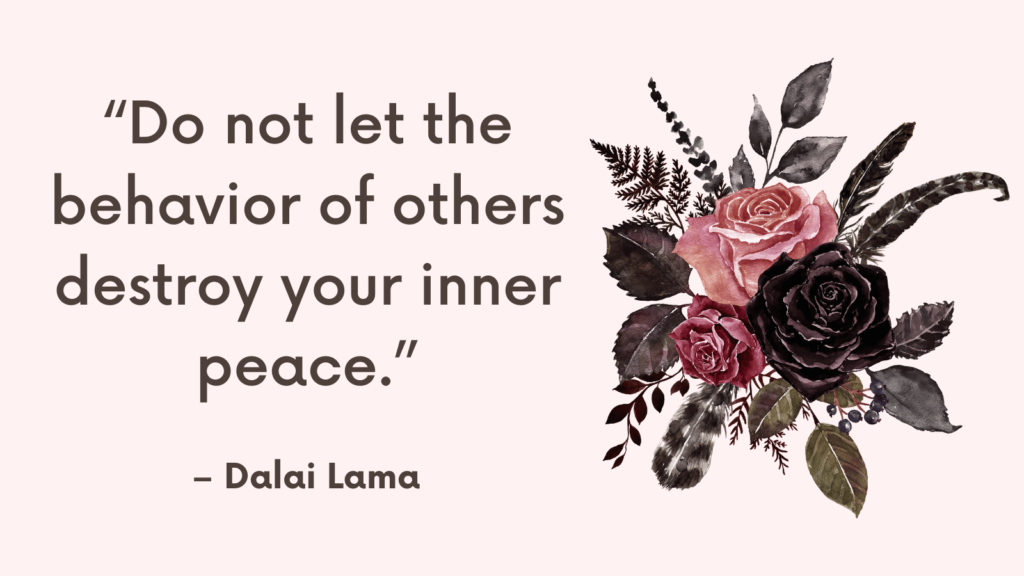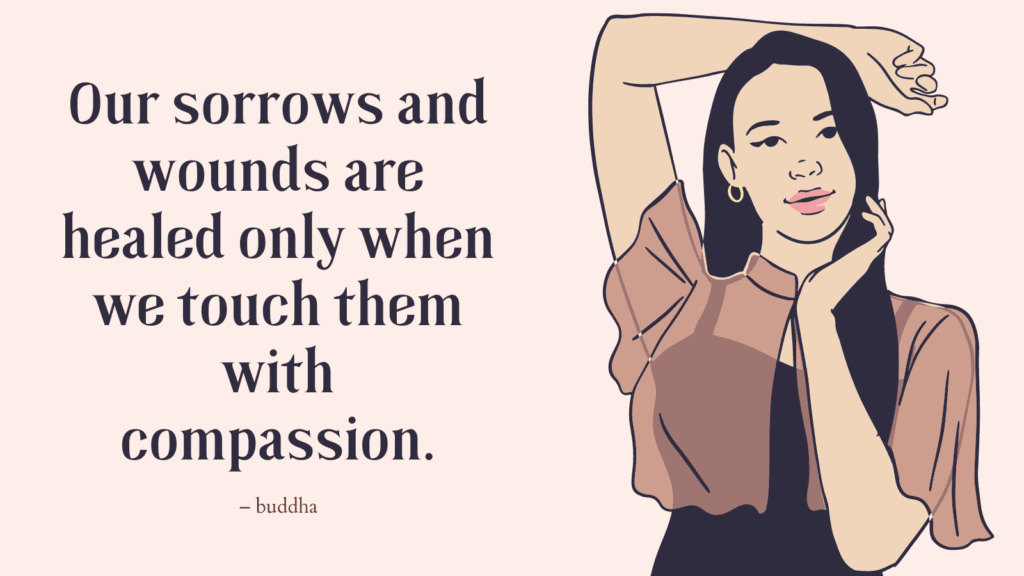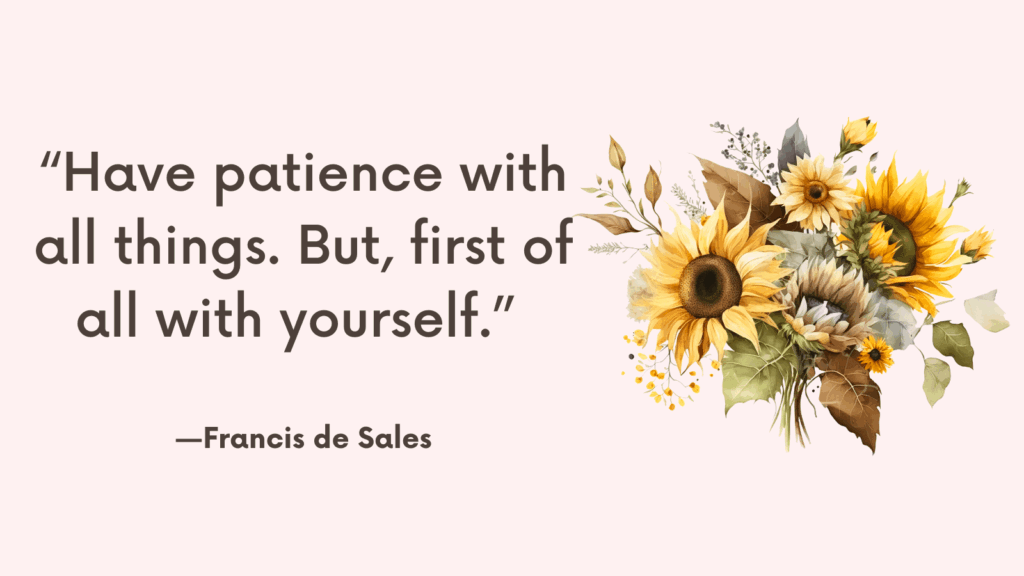In this post, you’ll learn all about injustice trauma – its signs and how to heal from it.
What Is Injustice Trauma?
Injustice trauma refers to the psychological, emotional, and physical pain that results from experiencing or witnessing unfair, unjust, or discriminatory treatment.
This type of trauma can occur on an individual or collective level and is often a result of systemic oppression or discrimination based on race, ethnicity, gender, religion, sexual orientation, socioeconomic status, or other identity factors.
Injustice trauma can manifest in many ways, including feelings of anger, frustration, sadness, hopelessness, and powerlessness.
It can also lead to symptoms such as anxiety, depression, post-traumatic stress disorder (PTSD), and other mental health conditions.
Individuals who have experienced injustice trauma may benefit from seeking help from mental health professionals trained in trauma therapy.
Injustice Trauma: Top 8 Signs
The following are some signs and symptoms commonly associated with injustice trauma:
1. Emotional distress
Individuals who have experienced injustice trauma often experience a range of intense and distressing emotions.
These may include feelings of anger, bitterness, frustration, sadness, guilt, shame, and hopelessness.
They may struggle to regulate their emotions, leading to mood swings and emotional outbursts.
2. Hypervigilance
Injustice trauma can lead to heightened alertness and hypervigilance.
Individuals may constantly be on guard, anticipating further instances of unfair treatment or discrimination.
This state of hyperarousal can contribute to increased stress levels and difficulty in relaxing or feeling safe.
Related: Why Is Trauma Therapy So Hard? (+Best Trauma Healing Exercises To Support Your Recovery)
3. Flashbacks and intrusive thoughts
Similar to other types of trauma, individuals with injustice trauma may experience intrusive thoughts and flashbacks related to their past experiences of injustice.
These intrusive memories can be triggered by reminders or cues that resemble the initial traumatic event, leading to a re-experiencing of the distressing emotions.
4. Avoidance behaviors
In an attempt to cope with the pain and distress associated with injustice trauma, individuals may develop avoidance behaviors.
They may avoid certain places, people, or situations that remind them of the traumatic experiences or where they fear similar injustices may occur.
This avoidance can interfere with daily functioning and limit opportunities for personal growth.
5. Negative self-perception
Injustice trauma often undermines an individual’s sense of self-worth and self-esteem.
They may internalize the unfair treatment, blaming themselves for what happened or feeling guilty for not being able to prevent it.
Negative self-talk and self-criticism are common, leading to feelings of worthlessness or inadequacy.
Related: Top 10 Signs You’re Stuck In Freeze Response
6. Social withdrawal
Individuals who have experienced injustice trauma may withdraw from social interactions and isolate themselves from others.
They may feel distrustful of others, develop a fear of being judged or mistreated, or question the motives of those around them.
As a result, they may become socially isolated, impacting their relationships and support networks.
7. Physical symptoms
The impact of injustice trauma is not limited to psychological distress; it can also manifest in physical symptoms.
Common physical symptoms include headaches, gastrointestinal problems, insomnia, fatigue, muscle tension, and changes in appetite.
These physical symptoms can be an expression of the underlying stress and emotional turmoil caused by the trauma.
8. Loss of faith and worldview
Exposure to injustice and discrimination can shatter an individual’s belief in fairness, justice, and the goodness of humanity.
It can lead to a loss of faith in systems, institutions, and even personal relationships.
This loss of worldview can contribute to feelings of disillusionment, cynicism, and a general lack of trust.
It is important to note that experiencing one or more of these signs does not necessarily mean that an individual has injustice trauma.
However, if you relate to several of these symptoms and find that they significantly impact your daily functioning and well-being, it may be beneficial to seek support from a qualified mental health professional who can provide an accurate diagnosis and appropriate treatment recommendations.
Related: What Is Hyper Independence Trauma?(+4 Steps To Healing)
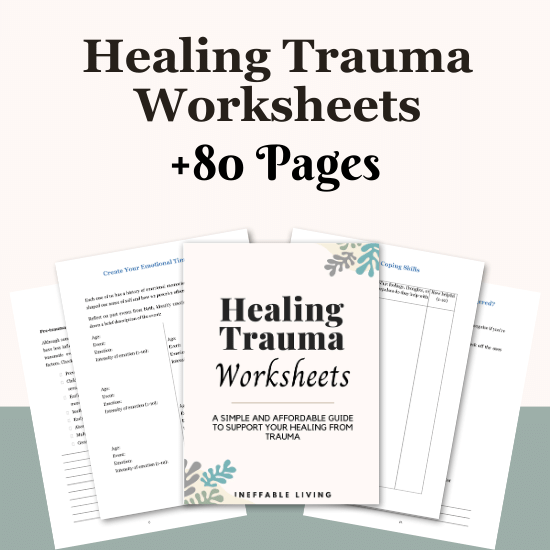
How to Heal from Injustice Trauma?
Healing from injustice trauma is a complex and individualized process. Here are some strategies that can assist in the healing journey:
1. Validate your experiences
Recognize and validate your feelings and experiences of injustice trauma as being real and significant.
Understand that it is normal to have emotional reactions to unfair treatment, discrimination, or injustice.
Seek validation from supportive individuals who can help validate your experiences and provide empathy.
2. Educate yourself
Learning about injustice, discrimination, and social inequalities can be empowering and provide a broader context for your experiences.
Engage in reading books, articles, and attending workshops or seminars focused on social justice and related topics.
This knowledge can help you develop a deeper understanding of systemic issues and inspire you to take action.
Related: Do I Have Trauma? Top 4 Practical Exercises To Support Your Trauma Healing
3. Practice self-care
Engaging in activities that promote self-care is crucial for your overall well-being.
Prioritize self-care practices such as regular exercise, healthy eating, adequate sleep, relaxation techniques, and activities that bring you joy and fulfillment.
Taking care of your physical and emotional needs is an essential part of the healing process.
4. Engage in self-reflection
Reflecting on your experiences and the impact they have had on your life can contribute to healing.
Consider journaling or engaging in introspective activities that allow you to explore your thoughts, emotions, and beliefs.
Self-reflection can help you gain insight into how injustice trauma has shaped your worldview and identify areas where personal growth and healing can occur.
5. Challenge negative beliefs
Injustice trauma can lead to the development of negative self-beliefs and a distorted perception of yourself and the world around you.
Engage in cognitive reframing techniques to challenge and replace these negative beliefs with more realistic and empowering ones.
Mindfulness practices can also help you observe and detach from unhelpful thoughts and beliefs.
Related: Negative Core Beliefs List (& 8 Tips On How To Challenge Them)
6. Build a support network
Surround yourself with supportive individuals who understand and validate your experiences.
Seek out like-minded individuals who share similar values and experiences.
Join support groups, community organizations, or online forums where you can connect with others who have experienced injustice trauma.
Sharing your stories and finding solidarity can be incredibly healing.
7. Take meaningful action
Channel your pain and anger into productive action.
This could involve engaging in activism, advocacy efforts, or volunteering for causes that align with your values.
Participating in collective movements for social justice can promote healing, empower you, and contribute to positive change within your community.
8. Practice self-compassion
Treat yourself with kindness, compassion, and understanding.
Practice self-compassionate language and remind yourself that your experiences of injustice were not your fault.
Be patient and gentle with yourself as you navigate the healing process.
Related: How To Be Gentle With Yourself? Top 5 Ways To Practice Self-Compassion
9. Set boundaries
Establishing healthy boundaries is important for protecting your mental health.
Learn to say no to situations or individuals that may retraumatize you or compromise your well-being.
Prioritize your needs and protect your emotional and physical boundaries.
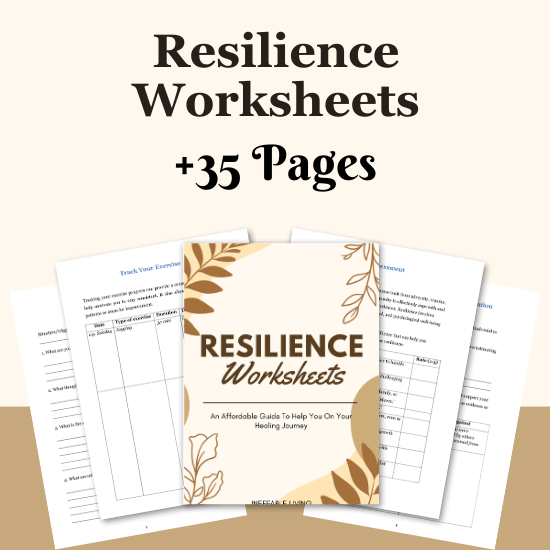
Conclusion
Healing from injustice trauma is a gradual and ongoing process. It is essential to seek support, be patient with yourself, and engage in self-care consistently.
Every individual’s journey is unique, so it is crucial to find strategies and approaches that resonate with you personally.
